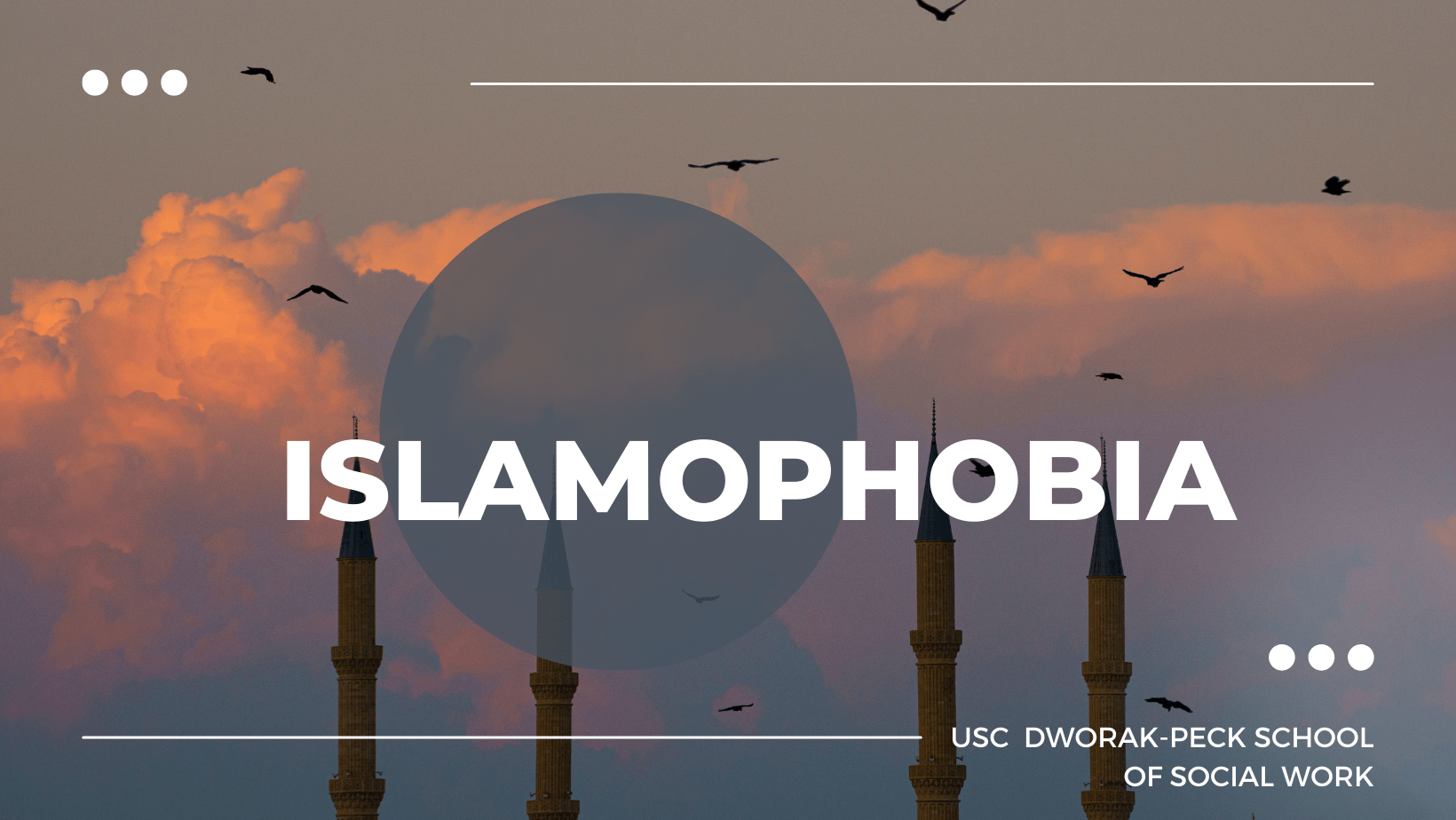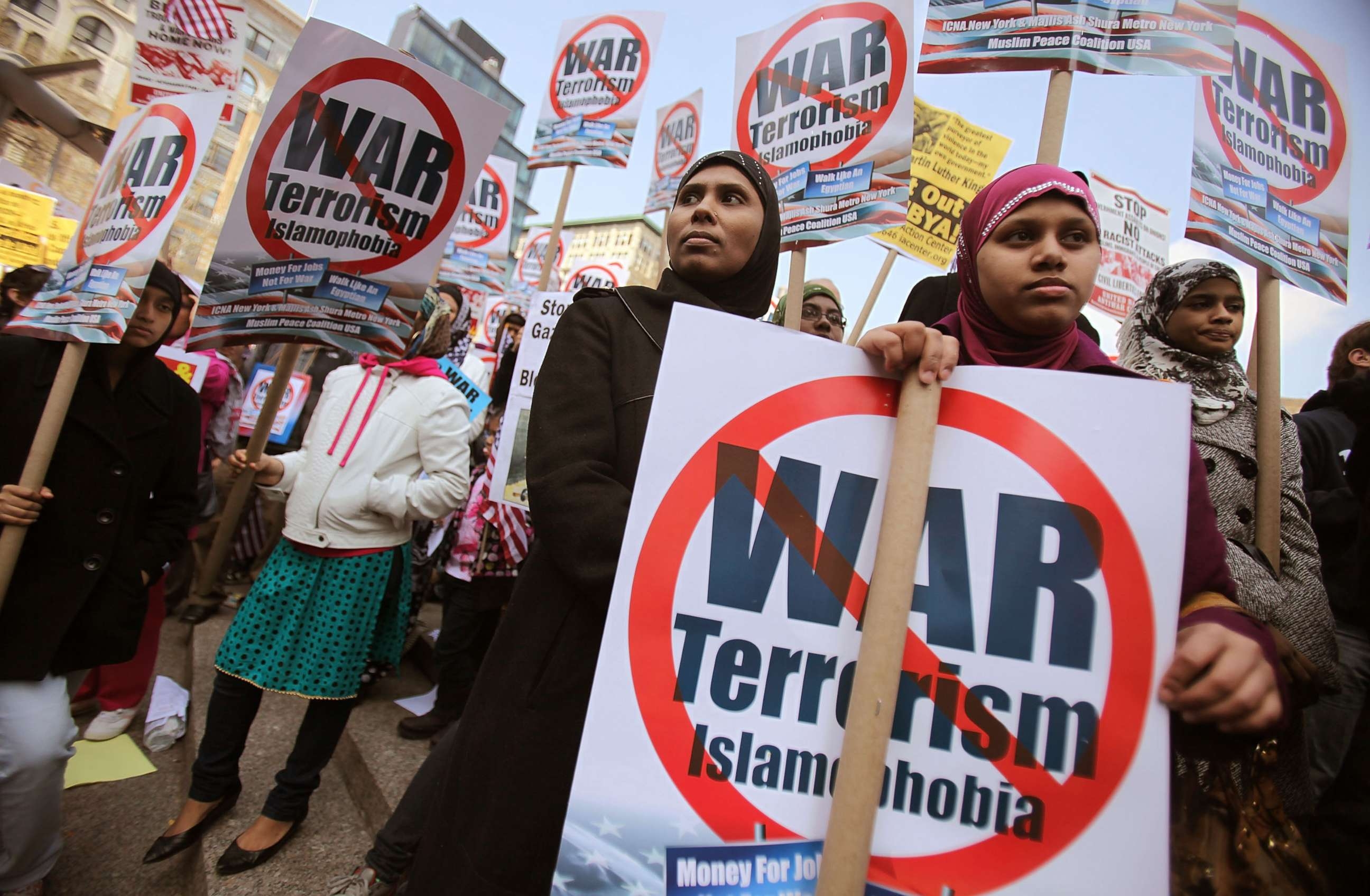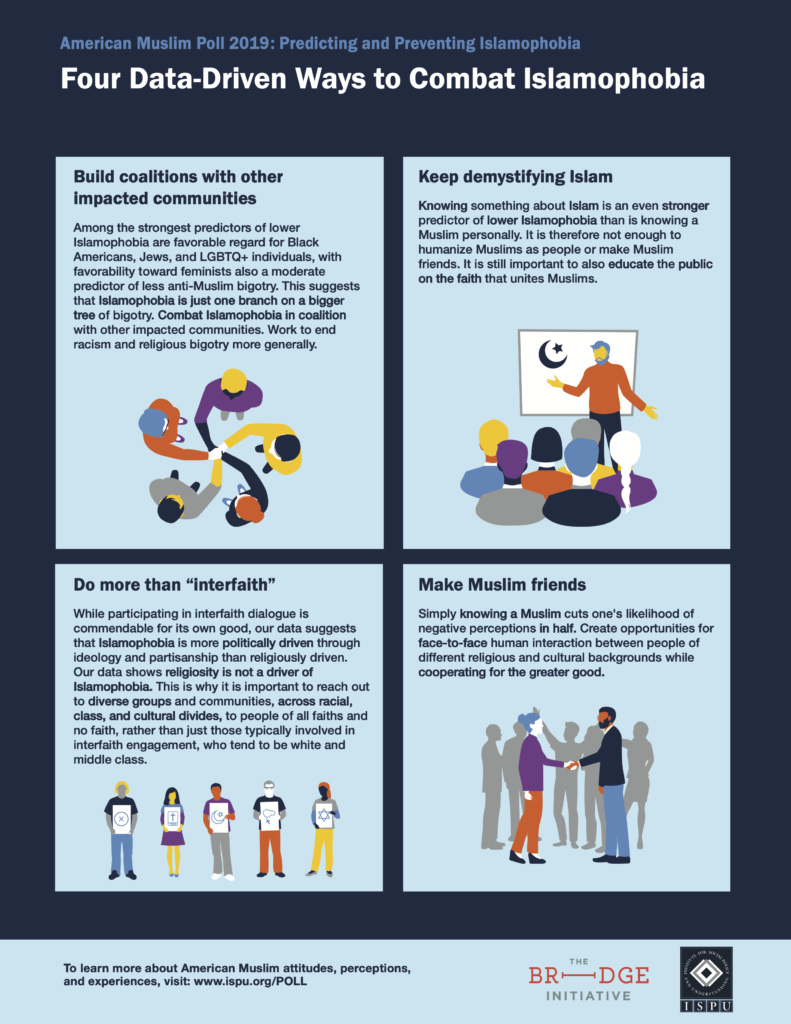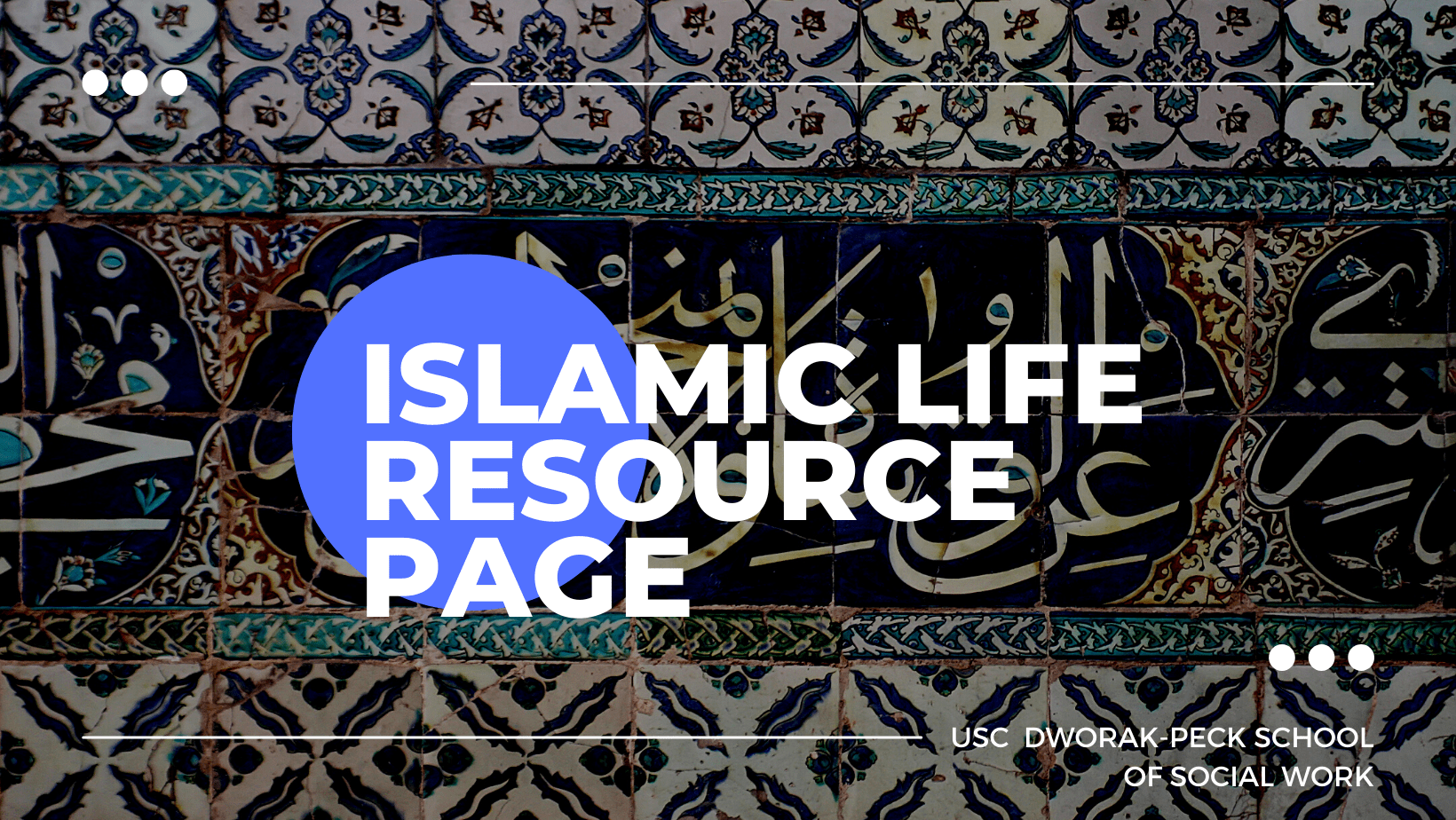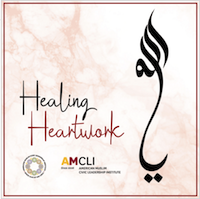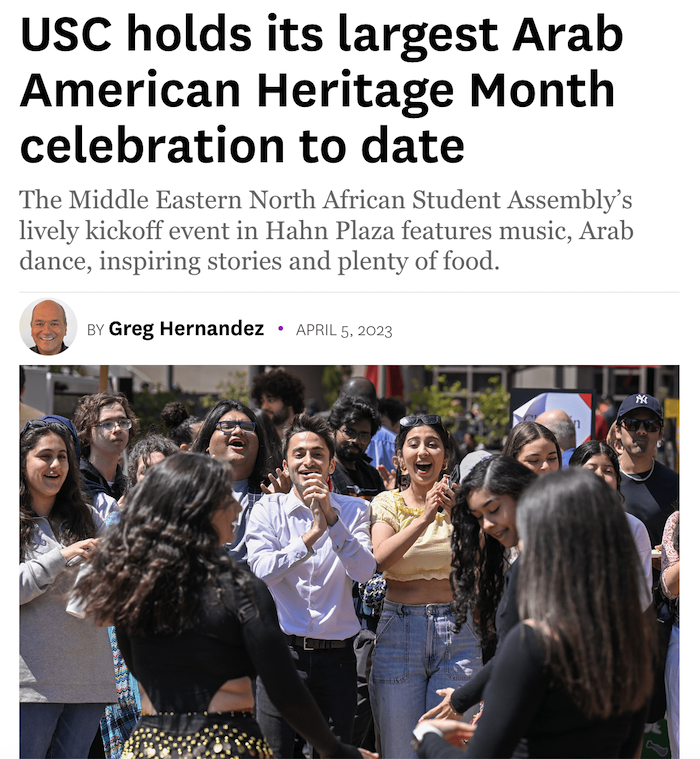Islamophobia
Explore
Islamophobia Month – Our vision is to see a society free from Islamophobia in all of its forms and the Islamophobia Awareness Month campaign widely recognised and supported every year.
Islamophobia and Public Health in the United States
Islamophobia Research and Documentation Project
Professional Resources
Challenge Islamophobia – The Challenge Islamophobia Project offers lessons and resources to teach all of us to rethink what we know about Islamophobia.
Muslim Anti-Racist Collaborative
Countering and Dismantling Islamophobia – A Comprehensive Guide for Individuals and Organizations
Teaching Resources for Countering Islamophobia – This lesson helps students explore, confront and deconstruct stereotypes targeted at Muslims. Students will learn about the impact of Islamophobia and create an anti-Islamophobia campaign to display in school.
Research Article: Undoing Islamophobia: Awareness of Orientalism in Social Work
Research Article: Confronting Islamophobia through Social Work Education: A Cohort Study
Research Article: Decolonial Ethics as a Framework for Anti-Islamophobic Social Work Praxis
Article: ‘I was called “Mr Taliban” by a colleague’: one social worker’s experience of Islamophobia
Social work is not immune from the Islamophobia that afflicts wider society and needs to prioritise tackling it, according to a practitioner who has experienced this form of racism within the workplace.
Article: Interrupting Islamophobia: It Takes a Social Work Village
Research Article: Confronting Islamophobia through Social Work Education: A Cohort Study
Research Article: Ethical Considerations For Social Workers Working with Muslim Refugees
In 2016 almost 39,000 Muslim refugees entered the United States, representing a record of admissions during a time of elevated anti-Muslim political rhetoric and public sentiment. Anti-Muslim attitudes and policies can affect refugees’ ability to successfully resettle and contribute to decreased health status. Given the current social and political moment there is an ethical imperative for social workers to engage in resistance to anti-Muslim sentiment and the encoding of Islamophobia in resettlement policy. In this article, the authors explore constraints on resettlement social workers’ engagement with advocacy and make suggestions for ethical practice that promotes social and emotional well-being.
Explore
Ramadan Ettiquette Guide for Non-Muslims
USC Dornslife Muslim’s and Islam Articles Page
Professional Resources
Exploring Islamic Social Work – Open Access Book
Social Work with Muslims: Insights from the Teachings of Islam by Abdullahi Barise, Ph.D. Islamic Worldview
As well, five pillars of ritual practice regulate Muslim’s lives and unify the Muslim community. These five pillars help the Muslim to develop a good and moral existence.
The above pillars of Islamic faith and ritual practice have important implications for social work with Muslims (See Al-Krenawi & Graham, 2000). |
Deepening our understanding of Islamic tools for healing, self-care and community care. Activity Information
NEWS
USC News Article
News: The Changing Global Religious Landscape
Babies born to Muslims will begin to outnumber Christian births by 2035; people with no religion face a birth dearth
